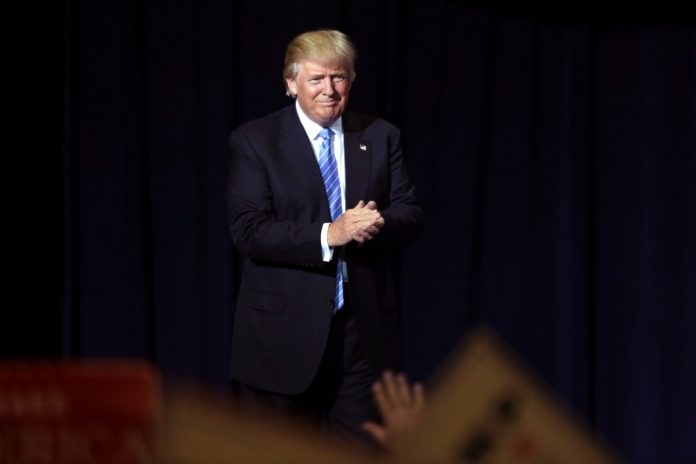Artificial intelligence (AI) is undeniably among the defining topics of the century with its effects being felt across social media, human rights, national security and economic development.
Following this, a senior administration official revealed that President Donald Trump recently signed an executive order for rolling out an AI initiative.
The order acts as a directive to the federal agencies to channel their focus to the technology.
The AI initiative outlines “bold, decisive actions to ensure that AI continues to be fueled by American ingenuity, reflects American values and is applied for the benefit of the American people,” claimed the official.
When questioned about the advantages of artificial intelligence to the people of America, the senior official stressed how “artificial intelligence is something that touches every aspect of people’s lives,” with energy resource extraction, food production, and medical care as the examples.
The official also dispelled concerns that new AI technology investments might displace workers, claiming that the administration is “very cognizant of” the matter and has already built programming such as career special education programs and apprenticeships as the solution.
When queried about the advancement of China in AI and the concerns that the US may have regarding the stealing of US innovations, the official asserted:
“The US is the world leader in artificial intelligence. It is not surprising to us that the Chinese are interested in this particular domain and are spending and investing heavily.”
But as for intellectual property protections, “that is something that this specific executive order does not cover.”
MORE: China’s Tech Giants Invest More on AI than Silicon Valley
MORE – Data Science – 8 Powerful Applications
The American AI initiative joins the list of other national AI strategies made by nearly 18 other nations around the world.
Intended for boosting the leadership of the US in AI, the initiative comes with a “multi-pronged approach”, which is classified into five main pillars:
- Governance. The White House Office of Science and Technology Policy in collaboration with other groups are expected to come up with general guidelines intended for governing artificial intelligence to ensure its ethical use and that it is safe.
- Infrastructure. Federal agencies are anticipated to assist researchers in accessing algorithms, federal data, and computer processing.
- Research and development. The administration is set to ask federal agencies to “prioritize AI investments” while spending their money.
- International engagement. The administration looks forward to performing a delicate balancing exercise: partnering on AI with other nations without compromising the interests of the United States.
- Workforce. The advisory committee of the White House together with its council on job training is anticipated to find ways of boosting the education of workers.
Furthermore, agencies will be required to come up with training programs and fellowships in computer science.
There are some early mixed reactions. “The White House’s latest executive order correctly highlights AI as a major priority for U.S. policymaking,” says Kate Crawford, a co-director of AI Now, which is a research institute at New York University.
However, she is worried about its industry focus and the obvious lack of input, especially from civic and academic leaders.
Kate Crawford is convinced that passing mentions of civil liberties and privacy does not allay concerns about the Donald Trump administration’s “troubling track record”, especially on such issues.
